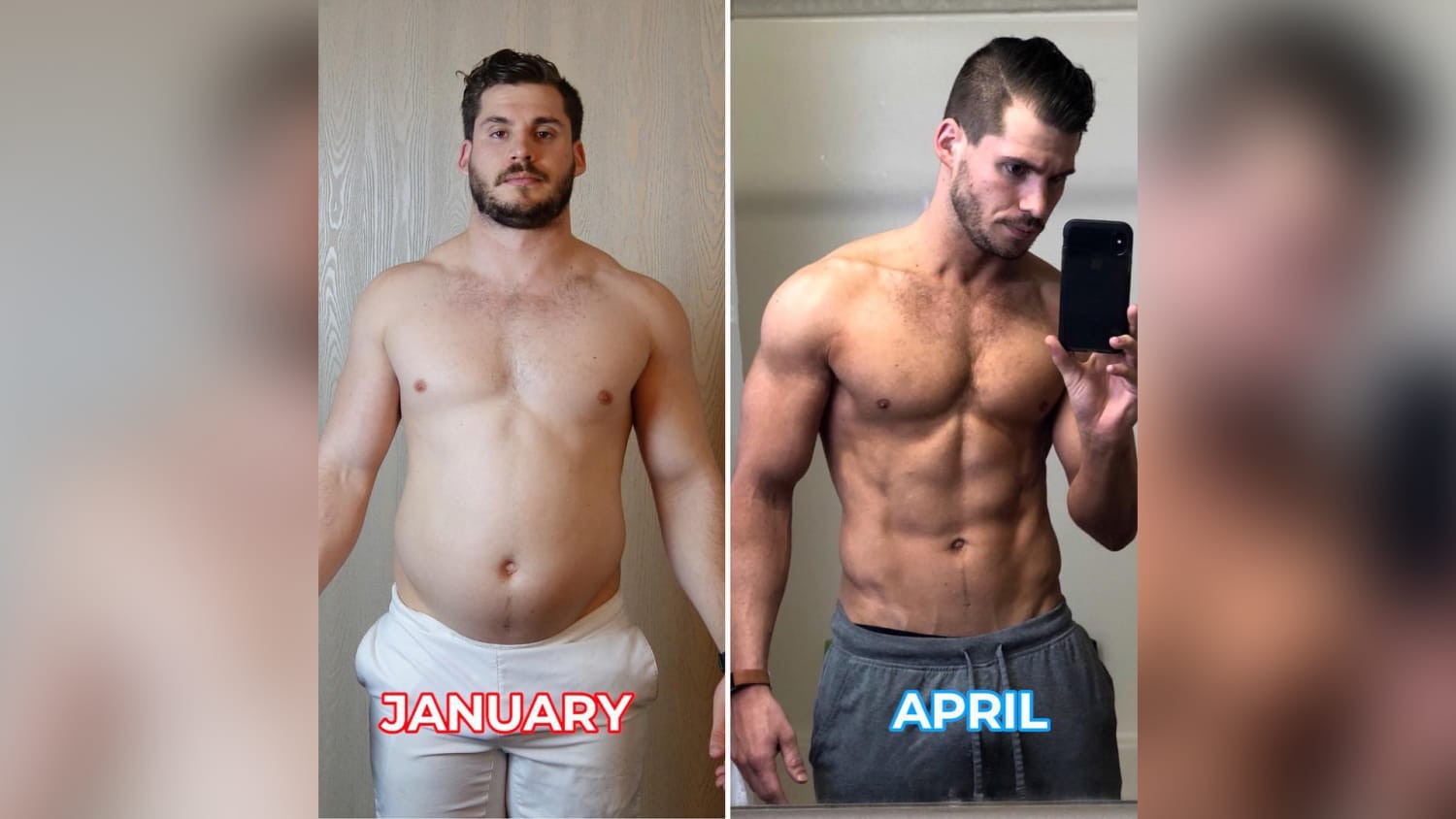
The warrior diet is a type of intermittent fasting protocol that involves extended periods of fasting and short periods of feasting. Experts worry this diet may lead to nutrient deficiencies and warn that it is inappropriate for many groups like athletes or pregnant women. Fasting is nothing new, and the practice of fasting has a diverse, complex history. Perhaps the earliest records of fasting go back to ancient Greece when philosopher Pythagoras touted the virtues of fasting. Hippocrates and other prominent healers, like the Renaissance doctor Paracelsus, were also advocates of fasting. Fasting has also been used as a means for political protest, as evidenced by the Suffragette hunger strikes and Mahatma Gandhi’s fasting episodes during the struggle for Indian independence. Now, fasting is a popular weight-loss or performance-enhancement protocol in the wellness world. Intermittent fasting, in particular, has skyrocketed in popularity because preliminary results from weight loss studies are positive. The warrior diet is a type of intermittent fasting developed by Ori Hofmekler, a renowned author in the world of health and fitness. Hofmekler created the diet in after years of observing himself and his colleagues in the Israeli Special Forces.
There appears to be no shortage of intermittent fasting methods. There’s the OMAD diet, , , alternate-day fasting, eat-stop-eat and so on. The Warrior Diet is another type of intermittent fasting that claims to follow the eating patterns of ancient warriors. The diet’s founder claims it has many benefits, including easy weight loss. We’ll break it all down here so you can decide if it’s the right approach for you. He wrote the book The Warrior Diet based on his experiences, observations and interpretation of historical data dating back to the Ancient Greeks and Romans. In the book, he describes this eating pattern as more of a lifestyle than a diet, with the goal being to improve the way people eat, feel, perform and look by triggering their survival instincts. Hofmekler says that humans are not meant to eat three meals a day and that they function more efficiently when eating in the manner of ancient warriors: consuming very few calories during the day followed by a big feast each night. In this plan, there is a hour “under-eating” period think: 10 to 15 percent of your daily calories and a four-hour window of “overeating” during which you can eat one large meal. In his book, Hofmekler states that obesity, diabetes and other common diseases in today’s society stem from eating too many meals during the day.
He eats three square meals a day — all in the evening at one sitting. He also offers a line of Warrior supplements. Hofmekler couches his diet in terms of “natural wisdom” and the instinctive eating cycle of the ancient warrior. He also includes the concepts of freedom — to eat as much as you want in one large meal as long as you follow the Warrior Diet rules — and spirituality. In my view, the Warrior Diet is basically an extension of the concept of training on empty. Ori says controlled fasting hours a day “guarantees hours of fat burning. Hunger, says Hofmekler, “triggers the Warrior Instinct. Clearly, he does. If Ori’s diet appeals to you, try it. It obviously works for him. He must be doing something right.
Lisovskaya Getty Images. This diet plan is based.
